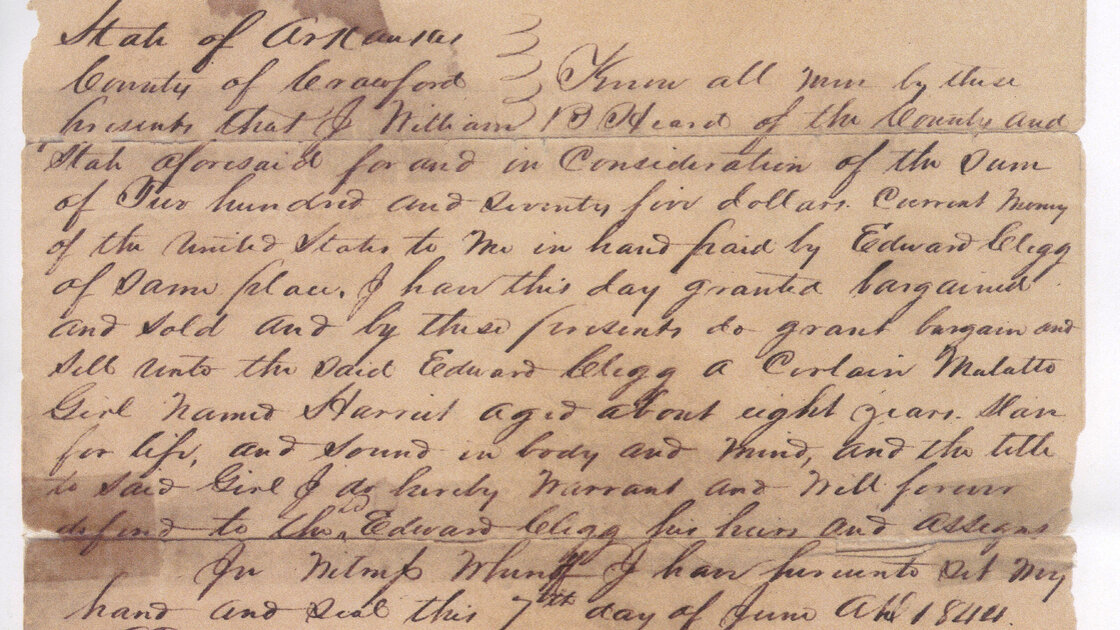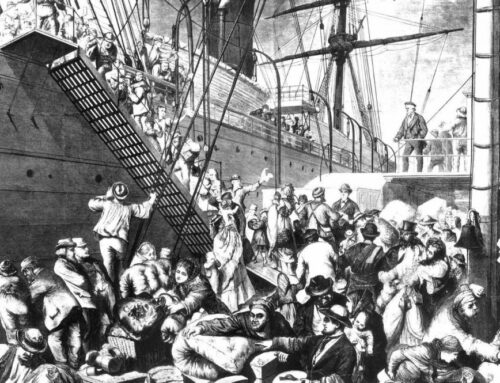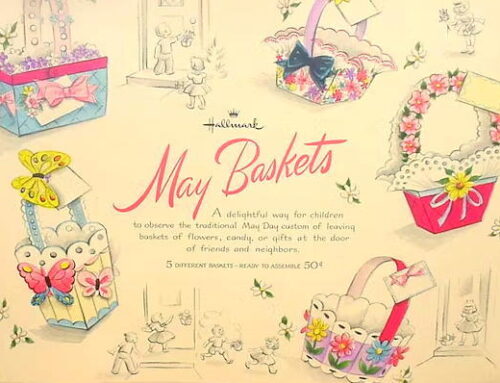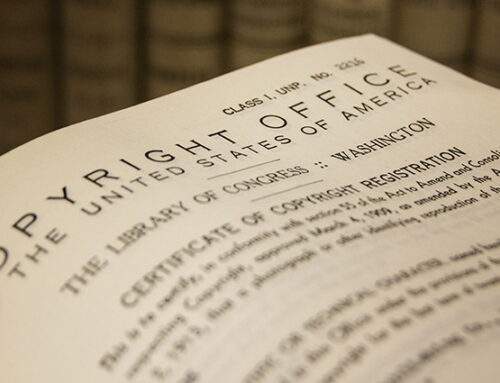January genealogy in the news includes some great recent articles on various kinds of genealogy research. Take a break from your own brick walls and read some interesting stories.

Courtesy James Estrin/The New York Times
Genealogy News from the New York Times: Chasing 5th-Century Clues From a Woman’s Tombstone
They figured out her first name, but not her father’s. They know where and when she died, but not her age or the cause of death. They could not tell whether she was married. This is a detective story, but not the ripped-from-the-headlines kind. The woman died more than 1,600 years ago, in what is now Jordan. ….All they had to go on was the woman’s tombstone. And at first, they did not even have that, just photographs of it.
“We spent more time deciphering this than the people who made this,” said Mordechai Friedman, a freshman. “That was one hour. This was 15 or 20, each letter, trying to figure out what they mean. Many times, we had the first letter of a word and the last letter and we had lists of words, and when you know this word is possible, you think you can see it. But Professor Fine told me you can’t always do that. You have to look at what’s actually there.”
“The fact we know this woman existed at all,” Mr. Schwartz said, “is a miracle.”
___________________________
Genealogy news from NPR: A Woman Comes To Terms With Her Family’s Slave-Owning Past
Kate Byroade lives in Connecticut, but she has a family history that reaches far back to the American South. She always knew her ancestors had once owned slaves, but had been told again and again, particularly by her Southern grandmother, that the family’s slaves had been treated well.
“She was matter-of-fact that the family had owned slaves in the past,” Byroade says, “and emphasized that we did not come from ‘plantation-type’ families — that our slaves had been trusted house servants.”
“At first this seemed OK to me because it was OK to her,” Byroade continues. “But eventually I understood that the domination of another person’s free will was unacceptable.”
The document from 1844 below reads: “I have this day granted bargained and sold and by these present do grant bargain and sell unto the said Edward Glegg a Certain Mulatto Girl named Harriet aged about eight years. Slave for life, and sound in body and mind, and the title to said Girl I do hereby warrant and will forever defend.” Purchased in a slave auction, Harriet served as a maid to Byroade’s great-great-great-great-great-grandmother.

Courtesy Todd Perry/NPR
Genealogy News also from NPR:
Discovering Grief And Freedom In A Family’s History Of Slavery
“I found my great-grandfather’s family and some notes held at the North Carolina archives,” says Robert Goins. “The family lived in Belews Creek — and Sauratown.” Sauratown, Goins notes, sounds like “sorrow.”
In his search, Goins found a ledger containing the name of the overseer of the plantation where the family members were enslaved, he explains. “When I first read it, it looked like ‘Grief.’ I actually think the overseer’s name was ‘Greif,’ but I could not help but see it as Grief,” Goins says.
“Grief is here. Grief will not let me go any further until I acknowledge it. Finding grief stopped me in my tracks,” he adds.
Even 10 years later, the discovery still affects him, Goins says. He vividly recalls rolling his fingers across the microfiche image and seeing his ancestors listed among livestock and farm implements. He says he felt like a swimmer who needed to find air.
To get his head back above water, Goins kept digging. He needed to find some stories, he says, “that were not as difficult to handle. … I needed stories where
I recommend NPR’s The Race Card Project: Six-Word Essays in case you missed it on the radio.




Leave a Reply